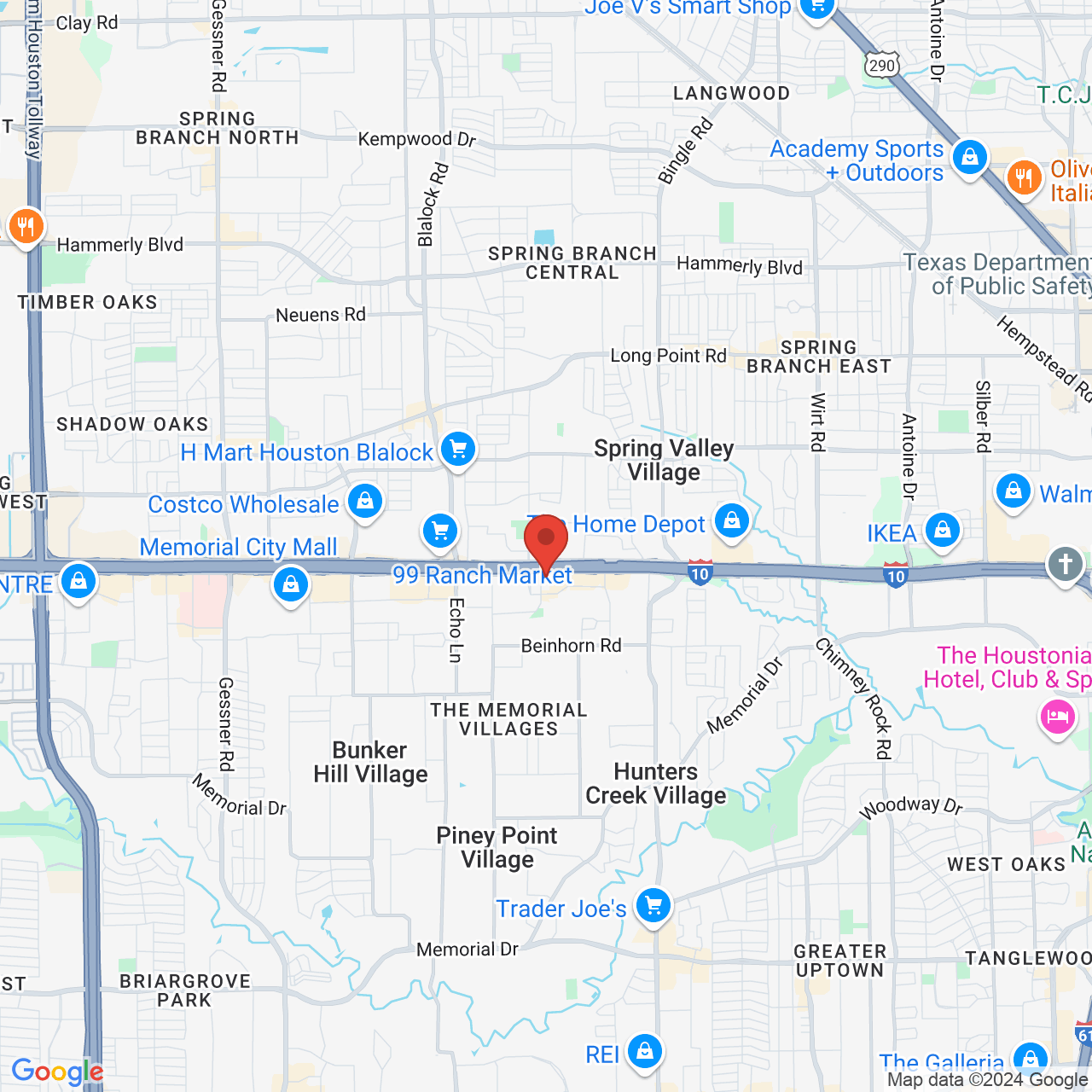ICSI, PGT, Semen Analysis, and Assisted Hatching
ICSI (Intracytoplasmic Sperm Injection)

Freezing Eggs
ICSI has been one of the greatest advances in the treatment of male factor infertility. ICSI involves injecting a single sperm into a mature egg. This procedure involves an embryologist manipulating under a microscope a mature retrieved egg while injecting a micro needle loaded with a single sperm directly into the mature egg. This advancement in the hands of an experienced embryologist can increase the probability of fertilization to as much as eighty five percent. Indications for the ICSI procedure include couples with:
Severely abnormal semen analysis, including low sperm counts below 20,000,000, poor motility, and abnormal morphology.
Men requiring microsurgical epididymal sperm aspiration (MESA) or testicular sperm aspiration (TESA).
Failed fertilization of embryos on prior IVF attempts.
PGT/PGT-M Procedures
(formerly PGS)
Preimplantation Genetic Testing
(PGT and PGT-M)
PGT (also known as PGS) can screen for chromosomal abnormalities that can cause miscarriage or prevent pregnancy from occurring while also checking for certain genetic disorders, such as Down's syndrome-much like the amniocentesis test. PGT-M (also known as PGD) involves taking a single cell from a developing embryo and analyzing its genetic makeup. This is done to find chromosomal and genetic disorders early. PGT-M can be used for couples that are at risk for transmitting a genetic disease to their children such as Cystic Fibrosis, Sickle Cell, Tay Sachs, etc. PGT/PGT-M does confirm the sex of the embryo as part of the complete chromosome report.
Assisted Hatching
 This technique is used to improve the embryo’s implantation. Assisted Hatching involves opening a small hole in the outer membrane known as the zona pellucida of the embryo. This opening allows the embryo to leave its “shell” and implant into the uterine lining.
This technique is used to improve the embryo’s implantation. Assisted Hatching involves opening a small hole in the outer membrane known as the zona pellucida of the embryo. This opening allows the embryo to leave its “shell” and implant into the uterine lining.
Embryo and Gamete Cryopreservation
Cryopreservation (freezing) of embryos (fertilized eggs) is utilized when the number of embryos produced during an IVF cycle exceeds the number of embryos placed in the uterus on day three or five embryo transfer. Once frozen, these embryos may be thawed and transferred in another cycle at a later time. Gamete cryopreservation (freezing) is used to freeze eggs or sperm so that it can be used at a later time.
Semen Analysis
 A semen analysis measures the quantity and quality of the sperm. Several characteristics are examined, including the ability of sperm to move (motility), forward progression (the quality of movement), sperm count (the number of sperm), volume of semen (the total amount of ejaculate), as well as the size and shape of the sperm (morphology).
A semen analysis measures the quantity and quality of the sperm. Several characteristics are examined, including the ability of sperm to move (motility), forward progression (the quality of movement), sperm count (the number of sperm), volume of semen (the total amount of ejaculate), as well as the size and shape of the sperm (morphology).
The semen analysis must be collected within 1 hour prior to reaching the laboratory or be collected onsite. The laboratory should provide a sterile container and instructions on masturbation collection. The specimen must be processed immediately. Many laboratories do not have the ability to perform the semen analysis onsite and may ship the specimen to another city or state, thus not processing the specimen until several hours later or even the next day. This delay would severely impact the accuracy of the results. Complete Andrology services including Semen Analysis are performed daily onsite at Houston Fertility Center.
Sperm Wash
This is a process to remove the sperm from the ejaculate. This provides a highly concentrated amount of sperm that can then be introduced into the cervix or the uterus.
Time Is Running Out
Houston Fertility Center is the first clinic in Houston to offer INVOcell - a revolutionary and affordable treatment option with PGT for $9,400 per cycle! Must meet eligibility requirements. Medication costs vary depending upon the pharmacy. Frozen Embryo Transfer required.
We are also proud to now offer Reciprocal INVOcell with PGT. Call for details and
Schedule your consultation today to learn more.


